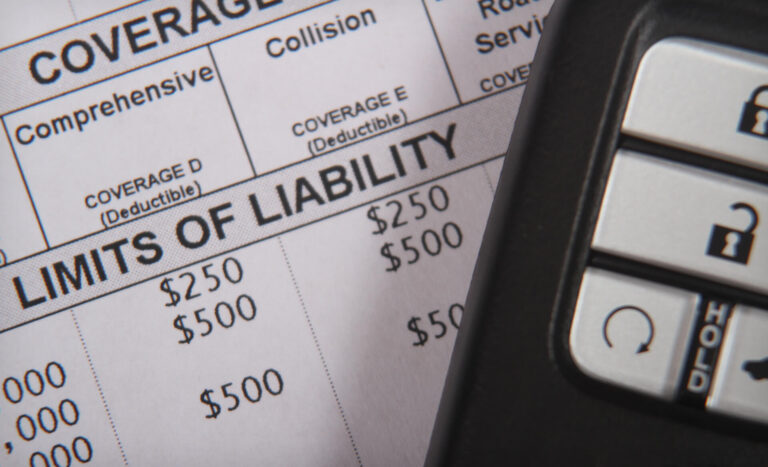
When dealing with a personal injury, you generally have two options for seeking compensation: filing an insurance claim or pursuing a personal injury lawsuit. Understanding the differences between these two approaches is crucial in determining the best course of action for your situation. This article provides an in-depth comparison of personal injury lawsuits and insurance claims to help you make an informed decision.
1. Understanding Insurance Claims
An insurance claim is typically the first step after an accident or injury. It involves filing a request for compensation from the at-fault party’s insurance company.
Key Aspects of Insurance Claims:
- Faster resolution: Insurance claims are usually settled more quickly than lawsuits.
- Less formal process: The negotiation is handled through adjusters rather than a court.
- Lower costs: Avoiding court means fewer legal expenses and reduced attorney fees.
- Limited compensation: Settlements often cover direct expenses like medical bills and property damage but may not fully compensate for pain and suffering.
2. Understanding Personal Injury Lawsuits
A personal injury lawsuit is a legal action filed in court when an insurance claim does not result in a fair settlement.
Key Aspects of Personal Injury Lawsuits:
- Higher potential compensation: Courts may award damages beyond what insurance companies offer, including punitive damages.
- Legal representation required: Lawsuits often involve attorneys and legal procedures, making them more complex.
- Time-consuming: Litigation can take months or even years to resolve.
- Risk of losing: A judge or jury may rule against you, resulting in no compensation.
3. Key Differences Between Insurance Claims and Lawsuits
| Aspect | Insurance Claim | Personal Injury Lawsuit |
|---|---|---|
| Resolution Time | Weeks to months | Months to years |
| Compensation Potential | Limited | Higher (including pain & suffering) |
| Process | Informal, negotiations with adjusters | Formal legal proceedings |
| Costs | Lower (may not require a lawyer) | Higher (court fees, attorney fees) |
| Control Over Outcome | Negotiated settlement | Determined by a judge or jury |
4. When to Choose an Insurance Claim
An insurance claim may be the better option if:
- The injuries and damages are minor.
- The at-fault party’s insurance company is cooperative.
- You need a quicker settlement to cover immediate expenses.
- The compensation offered is reasonable.
5. When to Choose a Personal Injury Lawsuit
Filing a lawsuit may be necessary if:
- The insurance company refuses to offer a fair settlement.
- Your injuries result in long-term or permanent disability.
- You have significant non-economic damages, such as emotional distress.
- You want to seek punitive damages for gross negligence or misconduct.
6. The Role of a Personal Injury Lawyer
Regardless of whether you file an insurance claim or a lawsuit, having legal representation can be beneficial. A personal injury lawyer can:
- Assess the true value of your claim.
- Negotiate effectively with insurance companies.
- Represent you in court if a fair settlement isn’t reached.
- Ensure all legal paperwork is filed correctly and on time.
7. Statutes of Limitations and Filing Deadlines
Every state has a statute of limitations, which sets a deadline for filing a personal injury lawsuit. If you miss this deadline, you may lose your right to pursue compensation. Insurance claims should also be filed promptly to avoid unnecessary delays in receiving benefits.
8. Alternative Dispute Resolution (ADR) Options
In some cases, mediation or arbitration can help resolve disputes without going to court. These methods involve neutral third parties who help negotiate settlements between injured parties and insurance companies.
Benefits of ADR:
- Faster than litigation.
- Lower costs.
- Less adversarial than court proceedings.
Conclusion
Choosing between an insurance claim and a personal injury lawsuit depends on the specifics of your case. If the insurance company offers a fair settlement, resolving the matter through a claim may be the best option. However, if negotiations fail or damages are substantial, pursuing a lawsuit may be necessary to achieve just compensation. Consulting with a personal injury lawyer can help determine the best path forward based on your unique situation.


